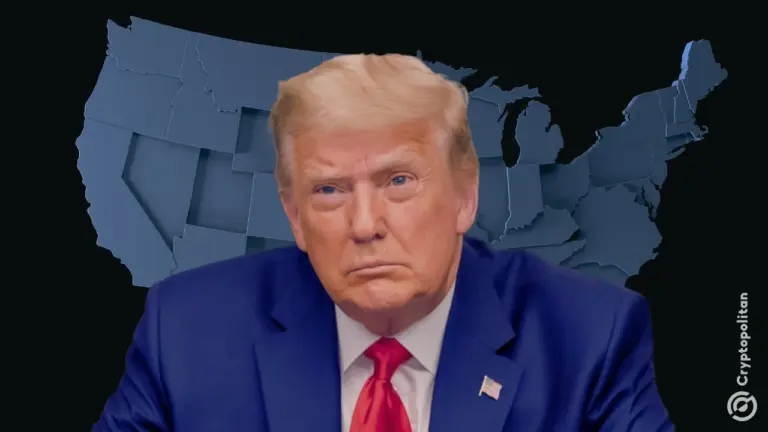U.S. Leaders Push for Bitcoin Tax Exemption
- Lummis, Rogers seek Bitcoin tax exemptions in the U.S.
- Proposed measures to boost BTC adoption.
- Promises enhanced regulatory clarity for digital assets.
Senator Cynthia Lummis and former Congressman Mike Rogers are advocating for the removal of tax requirements on small Bitcoin transactions in the United States to promote broader adoption.
Lummis and Rogers’ proposal could increase Bitcoin’s utility in everyday transactions, encouraging wider public and financial sector engagement with cryptocurrencies.
Senator Cynthia Lummis and former Congressman Mike Rogers have intensively advocated for clearer digital asset regulations . This includes a push for legislation that aims to remove tax-reporting requirements on small Bitcoin transactions. Such policy changes propose to make everyday Bitcoin use more feasible for Americans.
“The United States must provide clear regulations and remove unnecessary barriers if we want Americans—and not just foreign competitors—to benefit from the next wave of financial innovation.” — Senator Cynthia Lummis, U.S. Senator
Senator Lummis , known for her support of blockchain technology, and Rogers have called for these changes through the likes of the GENIUS Act and the BITCOIN Act of 2025. These proposed laws are designed to simplify and clarify practices in the crypto sector.
The proposals are anticipated to have immediate positive market implications by increasing transactional volume and liquidity in microtransaction segments. There’s also an anticipation of increased merchant engagement with Bitcoin, potentially broadening cryptocurrency use in the market.
The financial implications include promoting regulatory transparency and consumer protection , underlined in the GENIUS Act. Politically, this move reinforces the vision to position the U.S. as a leader in financial innovation, with stronger digital asset governance.
The proposed changes reflect a continuity of previous soft regulations like those seen in Wyoming and Michigan. They are expected to offer greater regulatory clarity, possibly impacting stablecoin markets and increasing institutional participation.
| Disclaimer: The content on The CCPress is provided for informational purposes only and should not be considered financial or investment advice. Cryptocurrency investments carry inherent risks. Please consult a qualified financial advisor before making any investment decisions. |
Disclaimer: The content of this article solely reflects the author's opinion and does not represent the platform in any capacity. This article is not intended to serve as a reference for making investment decisions.
You may also like
Russia tightens noose on crypto with package of new laws
Share link:In this post: Moscow is ready to hit crypto users with a series of laws. Russian crypto traders face bank account blocks and even jail time. Legislative changes have cleared the ground for the launch of the state-issued digital ruble.
Tesla investors are losing patience with Musk’s bold claims and slow progress
Share link:In this post: Tesla’s sales, profits, and stock have dropped, with analysts citing weak demand and rising competition from China. Musk remains optimistic, touting future robotaxi services and Tesla’s AI as superior. Tesla faces growing pressure from rivals like Waymo, which is expanding faster and already generating revenue from autonomous ride services.

Trump ramps up America’s market intervention to crisis-level scale
Share link:In this post: Trump now holds a golden share in U.S. Steel, giving him direct veto power over company decisions. The Pentagon bought a $400 million stake in MP Materials, marking its first equity move in mining. Trump proposed taking a 50% stake in TikTok and may expand investments in strategic industries.

Trump’s trade deals may not shield U.S. consumers from tariff-driven inflation
Share link:In this post: The U.S. has set a 15% minimum tariff on imports, and higher rates will follow if trade deals aren’t made. Companies warn of cost hikes, with some already raising prices or suing. Economists predict rising prices on goods like clothing, electronics, and shoes.

